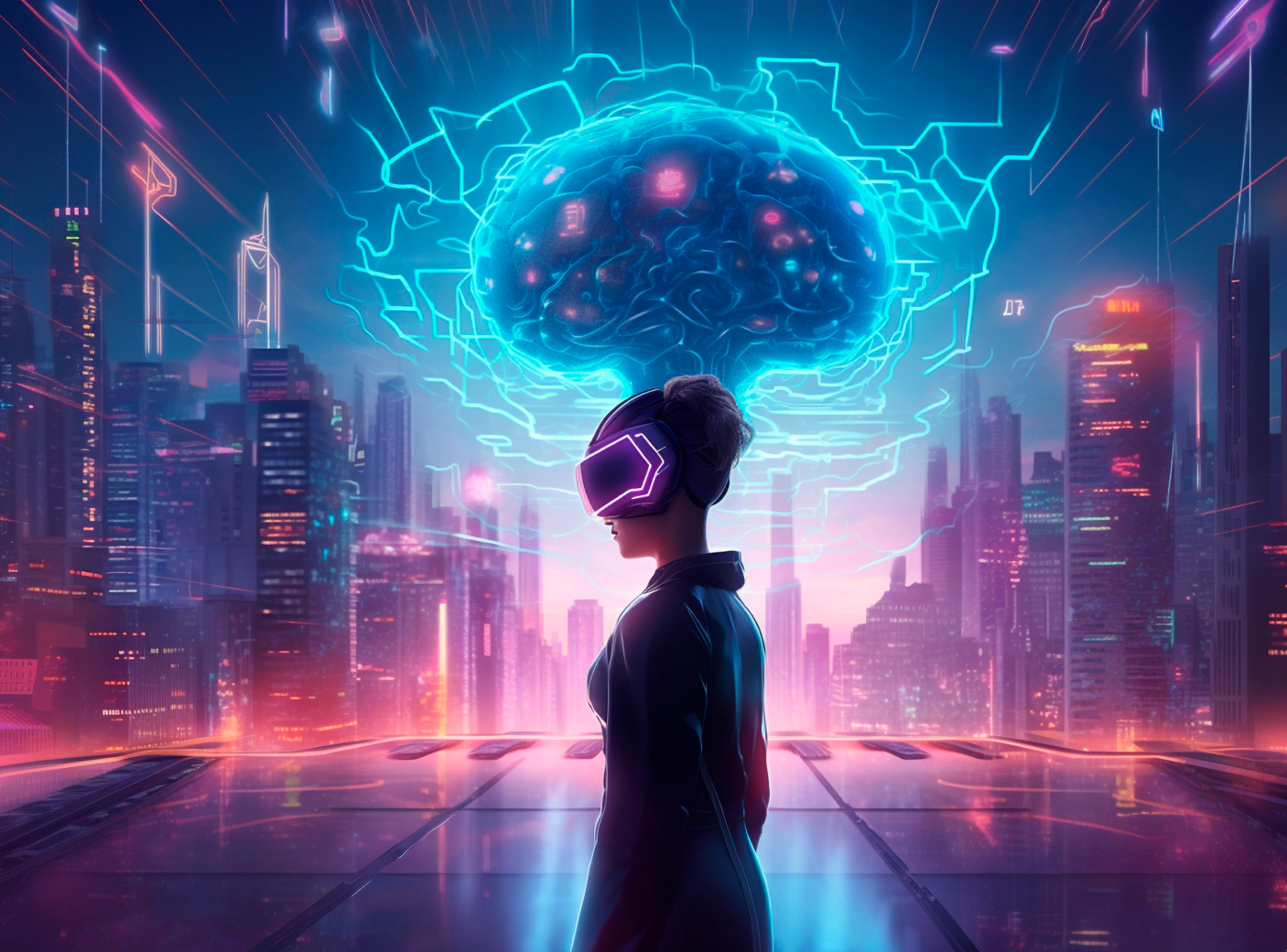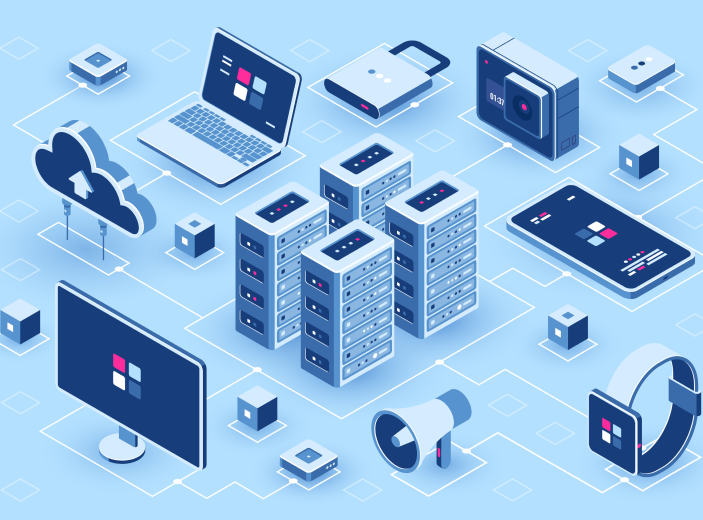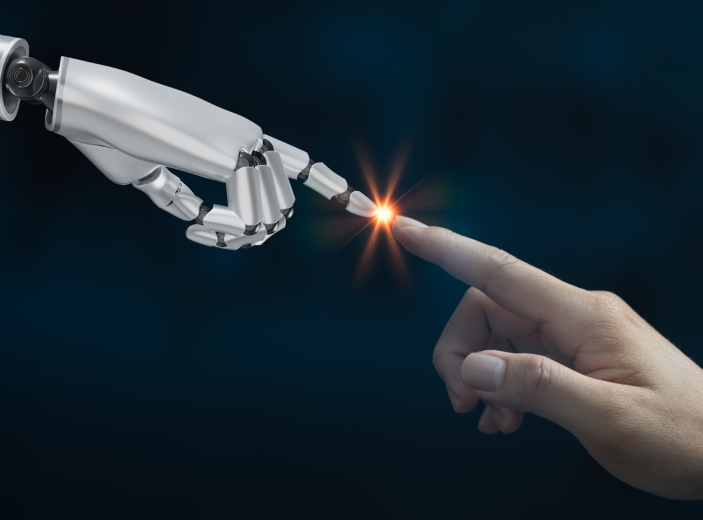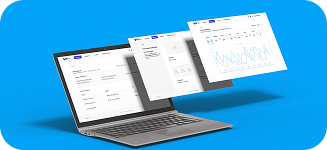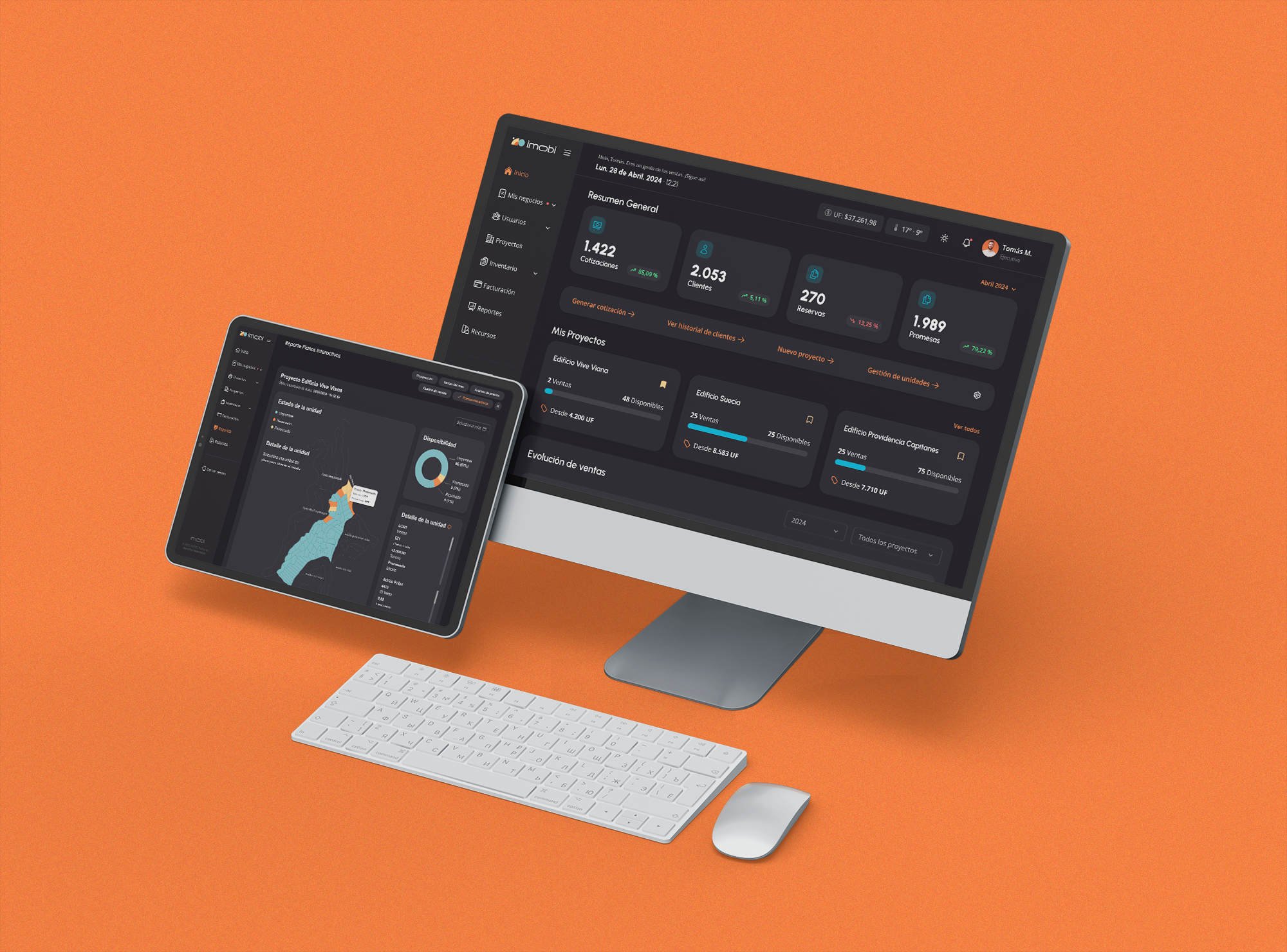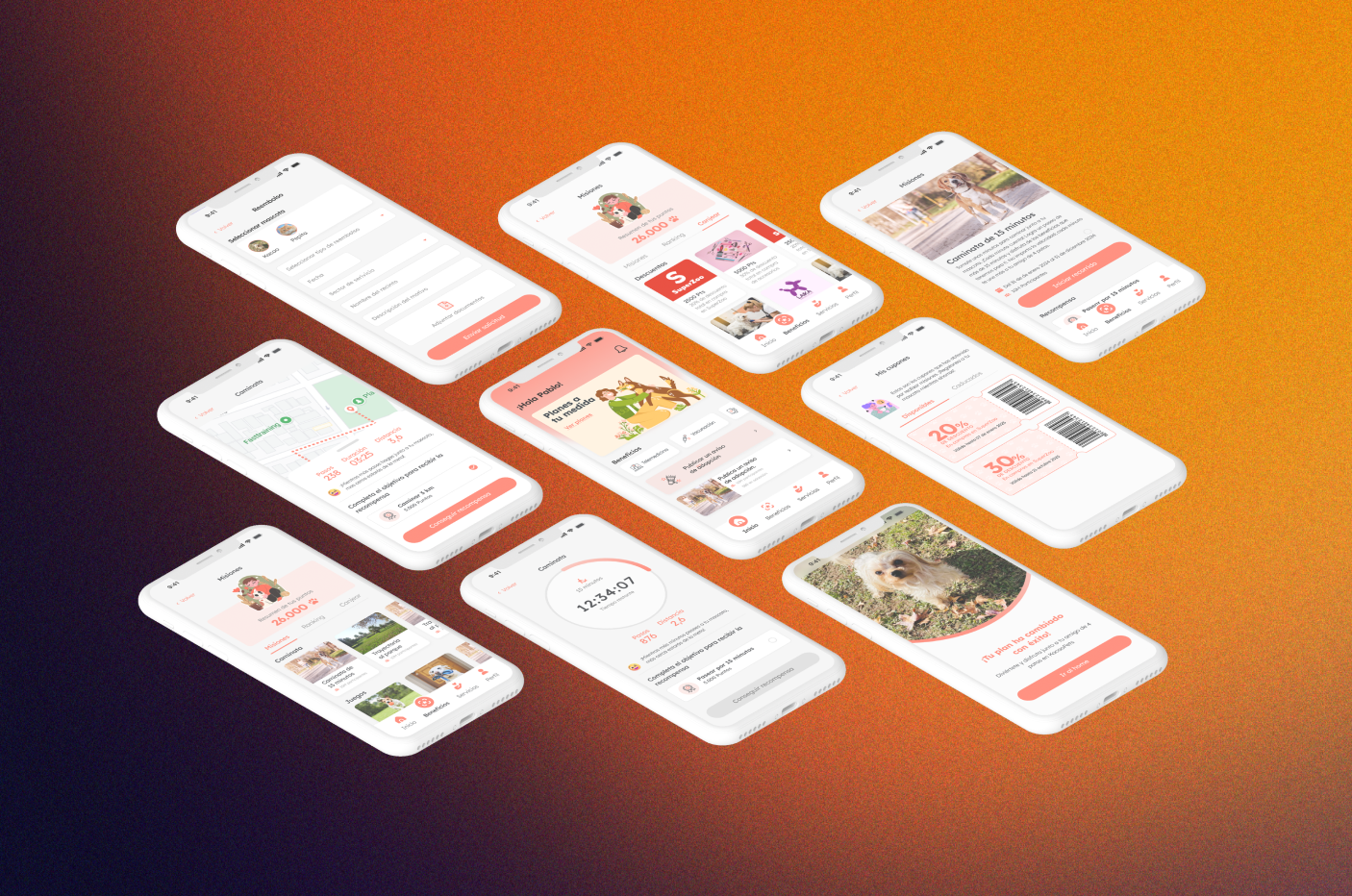Share this article
Google has unveiled Gemini 2.0, its latest artificial intelligence (AI) model, which promises to revolutionize its search engine and usher in a new generation of digital assistants. This innovative development has the potential to transform how users interact with technology, enabling the automation of daily tasks and providing more efficient solutions across a wide range of fields.
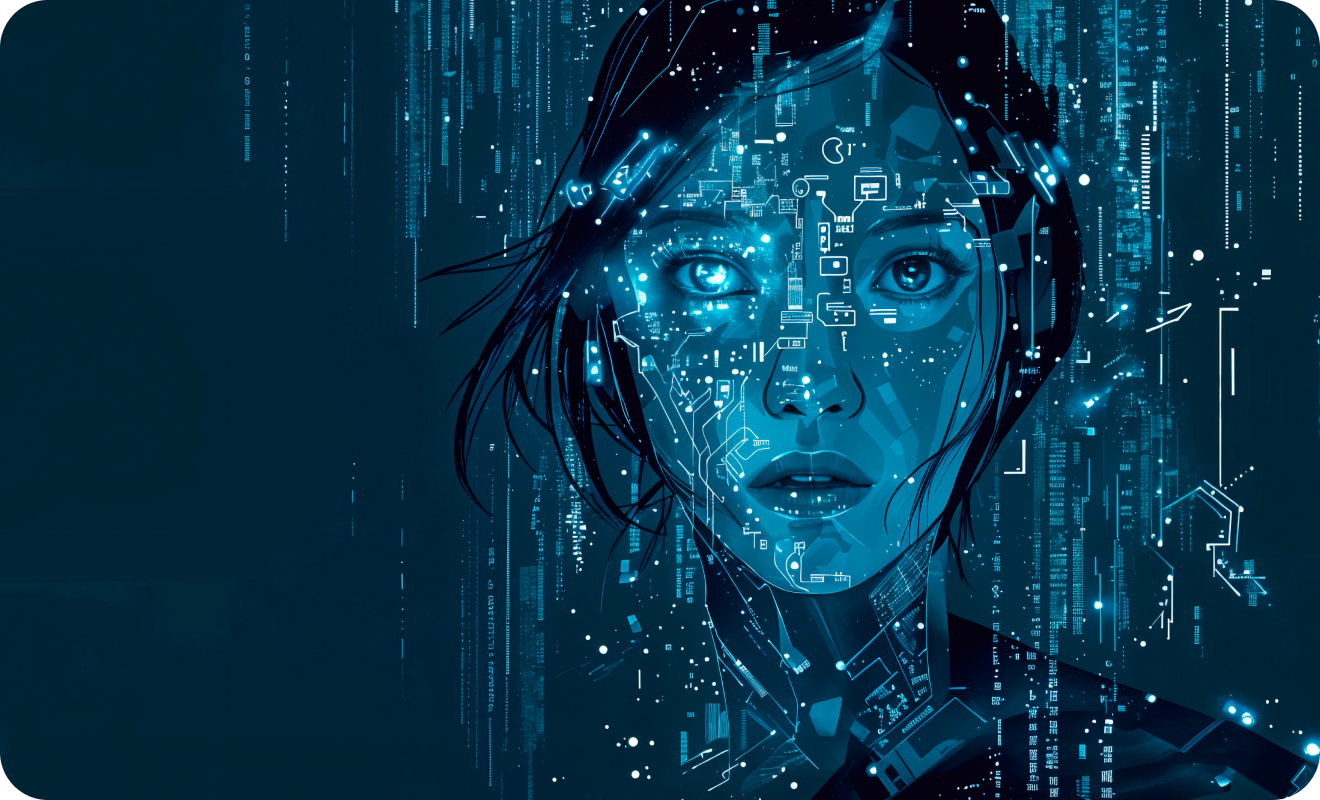
Among its standout applications, users will be able to review programming code, enjoy smoother gameplay in video games, and access real-time personalized features.
Gemini 2.0: A Leap Into the Era of Intelligent Agents
“Gemini 2.0 is our most advanced AI model, designed for the era of intelligent agents. It delivers superior performance and innovative capabilities, such as multilingual audio,” explained Tulsee Doshi, head of product for the Gemini model at Google, during a recent press conference.
Designed to optimize the performance of Google’s search engine and enhance digital agents, Gemini 2.0 stands out for its speed and power, doubling the efficiency of its previous version. Among its standout applications, users will be able to review programming code, enjoy smoother gameplay in video games, and access real-time personalized features.
A fierce competition in the world of AI
Google aims to strengthen its leadership in the competitive artificial intelligence market, where giants like OpenAI, Microsoft, and Meta have also made significant advances. These companies are focused on developing AI agents capable of automating tasks such as drafting emails, expanding information, and managing reminders, among others.
In its experimental launch, available exclusively to developers through AI Studio and Vertex AI, Google also introduced Gemini 2.0 Flash, a tool that promises to be twice as fast as its predecessor. According to the company, the integration of Gemini 2.0 into various Google products is planned for early 2025.
Project Astra: Assistants That Understand and Remember
Among the new features is an enhanced version of Project Astra, a digital assistant for mobile devices that can now understand photos, videos, text, and voice commands. Its ability to process multilingual conversations in real time and remember previous interactions offers an unprecedented personalized experience.
“We have improved Project Astra’s memory capacity, which can now recall past conversations and retain up to 10 minutes of memory during a session. This creates a more useful and personalized experience,” highlighted Bibo Xu, product manager at Google DeepMind.
Innovations in Navigation and Software Development
Google is also working on Project Mariner, a prototype Chrome extension that allows digital agents to operate within the browser. According to Xu, “the agent can act like a web user, scrolling, clicking, and typing, but with clear restrictions to ensure responsible browsing.” Additionally, Jules, a developer-focused agent, is designed to identify and correct code errors. This tool aims to optimize time and improve accuracy in programming projects.
AI Applied to Video Games
Another interesting application is an agent model that will be able to analyze players’ performance in video games and offer real-time tips. This tool opens up new possibilities for those looking to improve their skills or enjoy a more enriching gaming experience.
Conclusion: Towards a Future Powered by AI
With Gemini 2.0, Google reaffirms its commitment to leading the technological evolution in the field of artificial intelligence. From mobile assistants that remember to specialized tools for developers, this model promises to redefine the way we interact with digital agents. 2025 will bring even fiercer competition in the sector, but Google seems ready to face it with innovations that could mark a turning point in AI technology.
